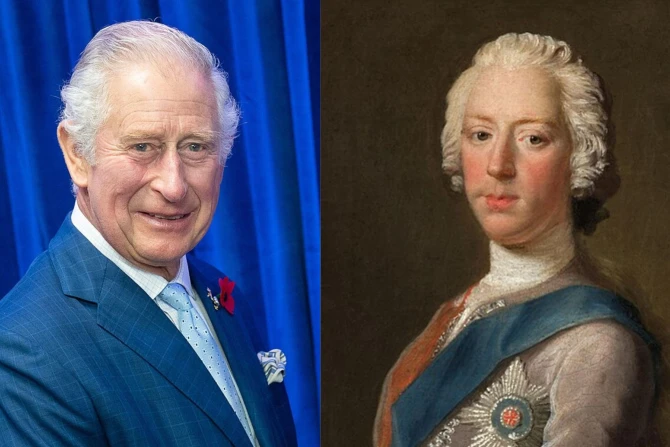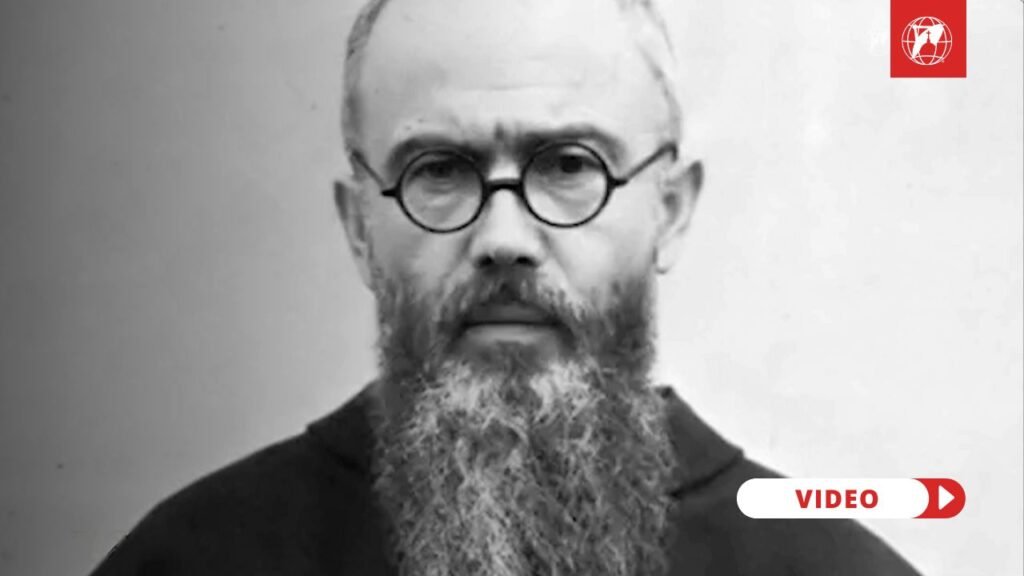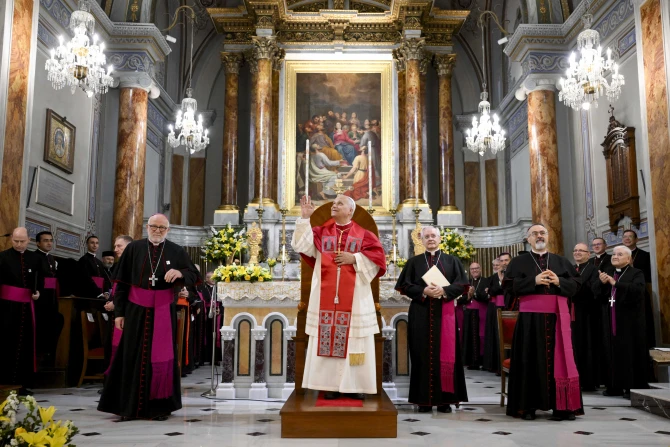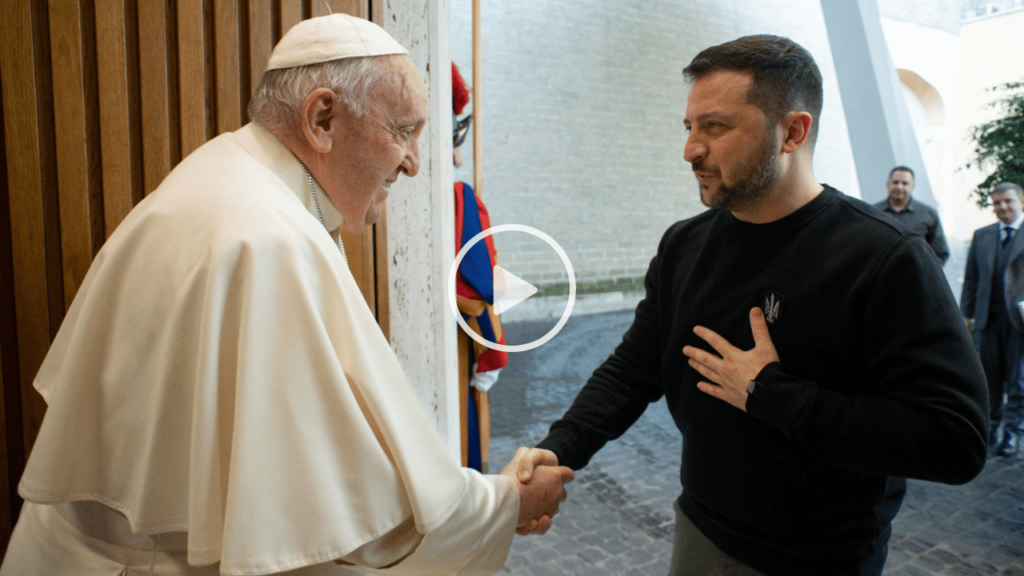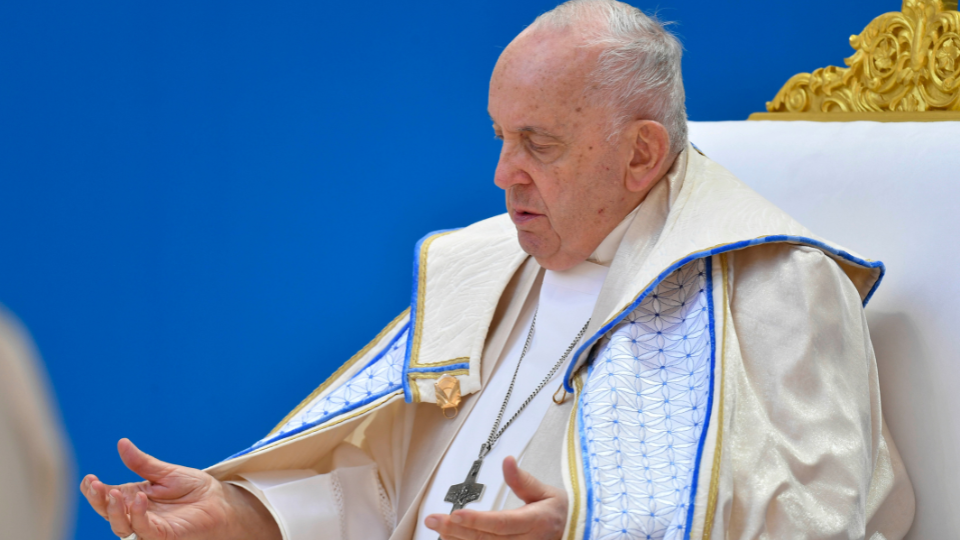Instituted in 1997 by Pope Saint John Paul II, the World Day of Prayer for Consecrated Life is “intended to help the entire Church to esteem ever more greatly the witness of those persons who have chosen to follow Christ by means of the practice of the evangelical counsels.”
The consecrated life, Pope John Paul II wrote in his post-synodal Apostolic Exhortation Vita Consecrata, “is at the very heart of the Church,” and for this reason ought to be celebrated.
Father Martin Wolf OMI, Official of the Dicastery for Institutes of Consecrated Life and Societies of Apostolic Life, discussed with EWTN Vatican the various fruits of Consecrated life, he said, “The heart of the Church is prayer and charity, the apostolate. In religious life, in consecrated life, there are both: there are men and women who really devote their lives entirely to contemplation, prayer and adoration, who withdraw from the world to pray for the world and the Church.”
In addition to these spiritual fruits, Father Martin noted that, “The other pillar of consecrated life is concrete action, the apostolate. Many communities have been founded to help people in schools, in hospitals, in missions, in development aid, in many areas of life. […] And in the consecrated life, this is lived in an exemplary way.”
The Catholic Church celebrates the World Day for Consecrated Life on February 2nd, the Feast of the Presentation of the Lord, that is, the day when the Blessed Mother presented her Son in the temple and consecrated Him to God.
The day aims not only at thanking God for the gift of consecrated life, but also at promoting a knowledge of and esteem for the consecrated life, as well as at inviting consecrated men and women to solemnly celebrate together the marvels which the Lord has accomplished in them.
The day is particularly important as the numbers of vocations to consecrated life have been reported to be in decline worldwide, a reality which can be attributed among many things to the numerous distractions of our modern world that hinder us from hearing God’s call.
For this reason, Father Martin said, we must learn to be more attentive to our surroundings, as God speaks to us through people and events, and above all make time for prayer.
“In my opinion,” Father Martin shared, “prayer is the fundamental prerequisite for discerning a vocation. I always say that if you want to discern a vocation or if you want to go on a journey of discovery to find out what God has in store for you, then start praying, a two-fold prayer. The first one is: ‘Open my ears so that I can hear what you want from me.’ And the second one is: ‘I am ready to do what I have recognized.’”
Adapted by Jacob Stein


